Learn about the Renewable Heat Incentive scheme, new emission requirements, and how to comply by obtaining the necessary certification.
What Is The Renewable Heat Incentive Scheme?
The renewable heat incentive (RHI) is a payment system for the generation of heat from renewable energy sources introduced in the United Kingdom in late November 2011. It is a government backed measure to make production of heat through renewable means more financially attractive and is a generous UK support mechanism paid on a kWh basis for heat produced from renewable energy, including biomass.
The renewable heat incentive scheme hopes to increase the total heat produced from renewable sources from 1% to 12% by 2020. Which would save about 60 million tonnes of CO2 by 2020, helping to minimise heating effects on climate change.
The RHI scheme works by encouraging users to replace existing oil, coal and gas heating systems with one of the supported renewable technologies like ground source heat pumps, solar thermal panels, biomass boilers and biomethane.
Industrial, commercial and public sector organisations in the UK are currently eligible for the RHI scheme with domestic properties to follow in 2014. Payments are then made quarterly for the next 20 years.
What Are The New RHI Requirements?
If you are applying for the renewable heat incentive on or after 24th September 2013 with a biomass boiler then your boiler must have either a Renewable Heat Incentive Energy Performance Certificate or an environmental permit. The purpose of this requirement is to ensure that emissions from biomass boilers do not exceed a maximum level of particulate matter and oxides of nitrogen.
For renewable heat incentive emission certificates, the maximum permitted emissions are 30 g/GJ net heat input for PM and 150 g/GJ for NOx.
Biomass boilers that do not have a RHI emission certificate or an environmental permit will be ineligible for the Renewable Heat Incentive.
When Do The New Renewable Heat Incentive Requirements Apply From?
The new air quality requirements for RHI apply to applications made after Tuesday 24th September 2013.
Who Do The New RHI Requirements Apply To?
The air quality requirements apply to you if your application for the renewable heat incentive was submitted on or after 24 September 2013.
If you were a participant in the RHI before 24 September 2013 and you apply for additional capacity for your boiler on or after 24 September 2013, your boiler’s additional capacity will also need to meet the air quality requirements.
If you received preliminary accreditation before 24 September 2013 your boiler will not need to comply with the air quality requirements.
How Do I Comply With The New Renewable Heat Incentive Requirements?
Your RHI application must contain either a Renewable Heat Incentive Emission Certificate or where appropriate, a relevant environmental permit. Ofgem needs these documents so they can verify whether your biomass boiler complies with the new air quality requirements.
To help avoid delays in your accreditation process we suggest you have your biomass boiler tested by a fully qualified expert emission monitoring team.
Experts In Emission Monitoring
Envirocare has over twenty years of Emissions Monitoring experience. During this vast time our consultants have worked in a wide range of industry sectors and for clients of varied size and scope. The extensive expert knowledge and experience that has been accumulated along the way ensures that Envirocare can offer your business the best possible emissions monitoring service available.
For biomass boilers <20MW, one of the criteria for obtaining RHI approval will be that the appliance has a Renewable Heat Incentive Energy Performance Certificate from a test house accredited in accordance with ISO 17025 for the required tests, which Envirocare can fulfill via our extensive range of UKAS and MCERTS scope of accreditation.
Call us on 01274 738668 or fill out our quick and easy Envirocare Enquiry Form for any queries regarding Renewable Heat Incentive Emission Monitoring Certification or if you feel that you could benefit from our services in this field.







